Arieta Nasto’s College Essay
The Galápagos Islands are my biggest fascination. On these islands, every organism is immensely different from one another, and yet they each have a place and purpose. They all belong, no matter their evolutionary track.
Living in an Albanian-immigrant household with Albanian music playing in unison with CNN, I wondered if I would ever evolve to belong in America with my Albanian heritage tainting my American life. So I began to search for a place in between my two cultures: my own Galápagos Islands.
Every New Year’s Eve, my parents throw a massive party filled with booze, loud music, and barefoot dancing. These parties were my parents’ way of bringing Albania to America for their friends and family. My father was the DJ, so everyone knew my sisters and me as the “DJ’s three girls.” One year, near the end of the party, “Valle Kosovare” began to play, and everyone started to dance in a valle: a traditional Albanian folk dance. Maybe it was the beat of the music (or the four Shirley Temples I had that night) but I got up and headed to the dance floor. As I cut in between a couple, my feet synchronized immediately, and I felt like the last piece of the valle’s puzzle. I was sweating and tripping, but, from a spectator’s perspective, it was impossible
to tell whether I grew up in Worcester or Tirana. Later, as we were saying goodbye to all the guests, my dad’s friend complimented my dancing. I heard his Albanian words and formulated a response in Albanian. But, to my surprise, the words I spoke were English. And all I could think about was how the words were right there on the tip of my tongue. I was right there at the tip of crossing from being the American daughter to a part of my parents’ culture. After my reply, the friend laughed and shook his head, indicating my response was proof to everyone, but mainly myself, that the moment in the valle, when I could have passed as 100% Albanian, was simply a moment.
At school, I dealt with similar frustrations, but, this time, I couldn’t pass as 100% American. Though my parents attempted to assimilate me. They bought me clothes from Justice and packed peanut butter and jelly sandwiches for lunch, but their efforts could not compete with the fact that I was simply different. My name caused hesitation for many substitute teachers, who
either asked me to recite my name in front of the entire class or just butchered it, always following up with a weak apology. And while all the boys crushed on the blondes with blue eyes, those same boys bullied me because of my Mediterranean features, calling me a “beast” because I had more leg hair than they. A question that truly made me feel foreign was one I heard often:
So, what are you? Not only did I have to respond to such an arbitrary question, but the questioner also had the audacity to inform me I looked more Hispanic or Italian than Albanian. As if the mere fact that I looked like an alien didn’t hurt enough, to some, I didn’t even resemble my heritage.
These moments of alienation left me lost and discouraged, but I discovered I was searching for something that didn’t exist yet. My Galápagos Islands needed to be created, not found. And I call the island I built Alb-America: located right between my Albanian culture and American surroundings. Where the Albanian TV harmonizes with my sisters’ bickering. Where my brain constantly absorbs the two languages and spits them out like a mix-tape. Where I mess up English phrases and Albanian accents. Where I feel most like myself. And it doesn’t matter to me that this place is imaginary because I finally found my culture. My own Galápagos Islands.
Photo by Nathalie Marquis on Unsplash


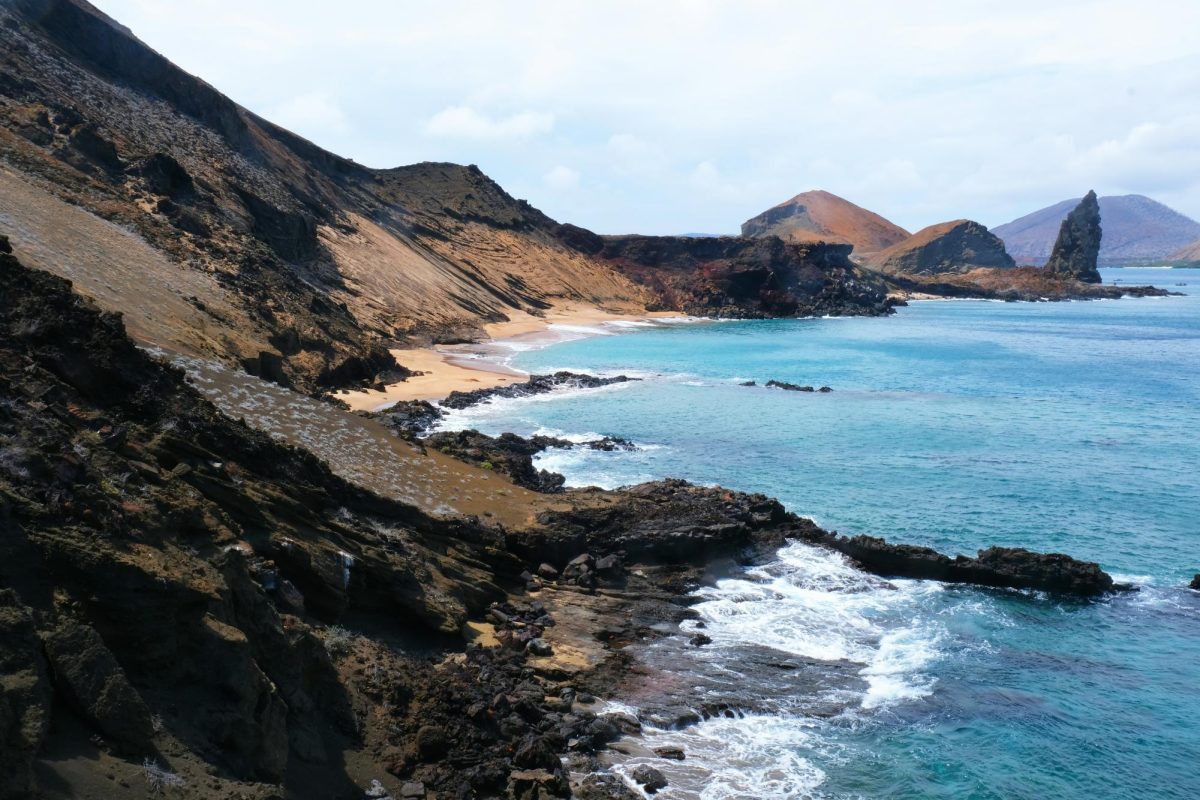
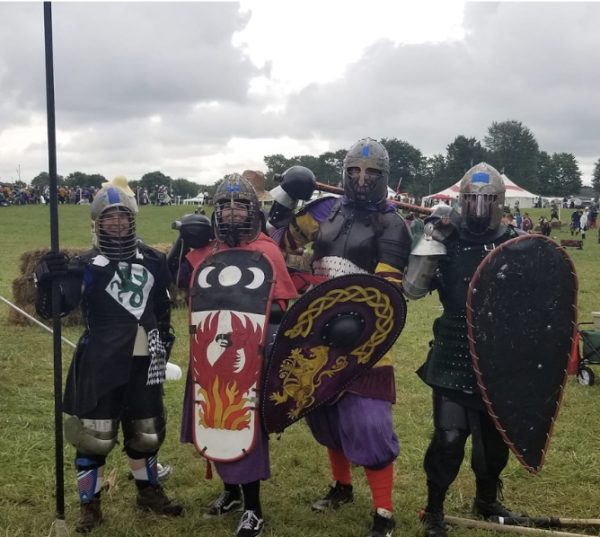

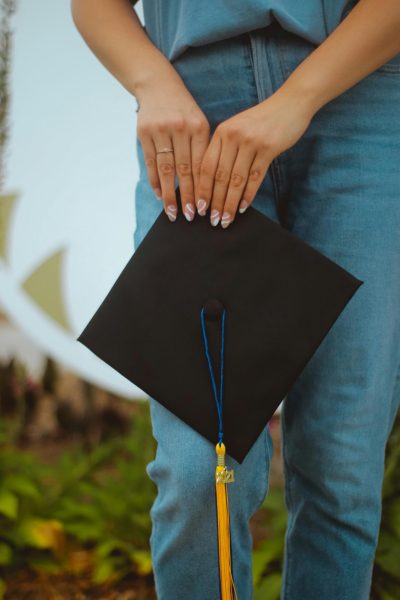
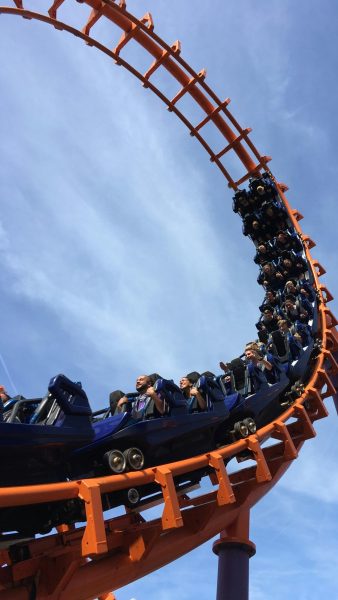
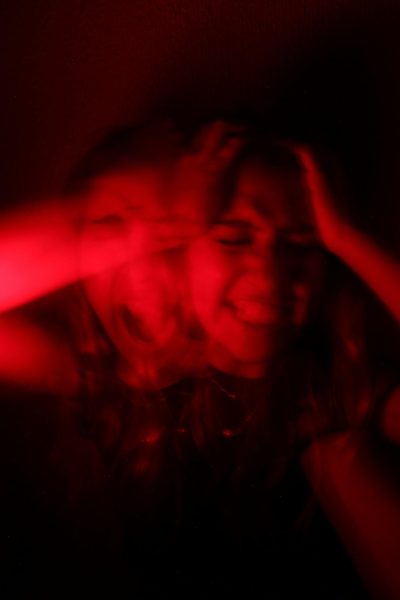
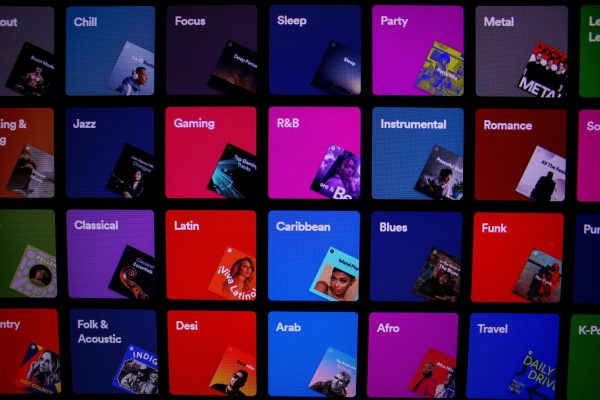

Aiden Powers • Dec 1, 2021 at 9:26 AM
This is AMAZING Arieta
Liza • Nov 23, 2021 at 7:21 PM
Arieta, thank you so much for sharing this. Each and every amazing part of you is important. Please keep being you and sharing it all with the world.
Jane Merritt • Nov 23, 2021 at 8:19 AM
Love it, Arieta. Makes me think of Garcia Girls!!!!!